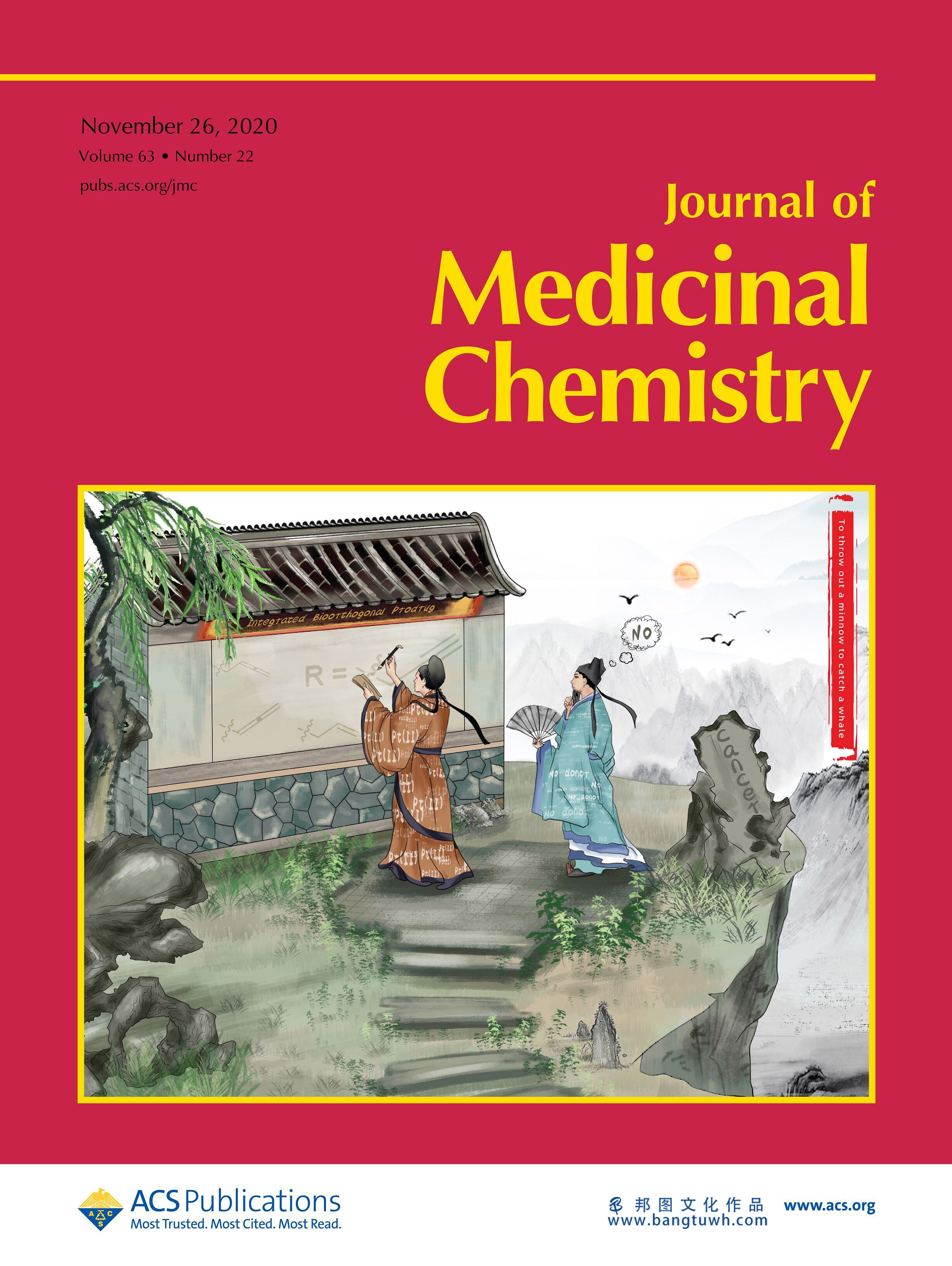科研绘图sci画图作图学术杂志封面设计toc示意图文章配图医学动画





bioorthogonal decaging reactions for controllable drug activation within complex biological systems are highly desirable yet extremely challenging. herein, we find a new class of pt(ii)-triggered bioorthogonal cleavage reactions in which pt(ii) but not pt(iv) complexes effectively trigger the cleavage of o/n-propargyl in a variety of ranges of caged molecules under biocompatible conditions. based on these findings, we propose a general strategy for integrated bioorthogonal prodrugs and accordingly design a prodrug 16, in which a pt(iv) moiety is covalently connected with an o2-propargyl diazeniumdiolate moiety. it is found that 16 can be specifically reduced by cytoplasmic reductants in human ovarian cancer cells to liberate cisplatin, which subsequently stimulates the cleavage of o2-propargyl to release large amounts of no in situ, thus generating synergistic and potent tumor suppression activity in vivo. therefore, pt(ii)-triggered depropargylation and the integration concept might provide a general strategy for broad applicability of bioorthogonal cleavage chemistry in vivo.



微信扫一扫,加设计师好友
17621261539
周一至周五8:30-18:00

提升“研值”

工作人员将在1个小时内联系您。


